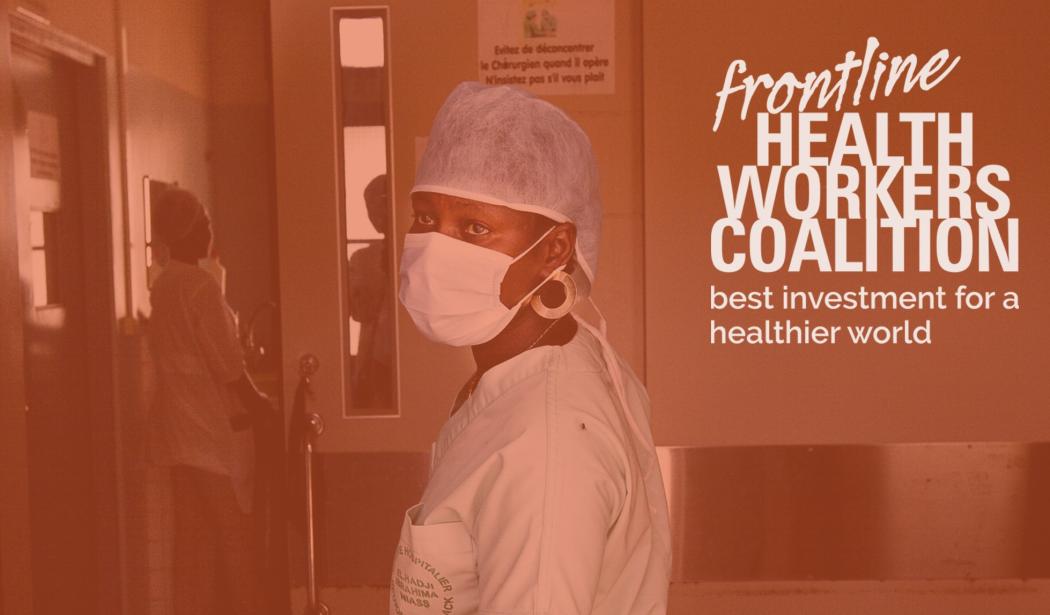The Frontline Health Workers Coalition Urges Continued United States Investment and Engagement in the World Health Organization

On July 6, the Trump Administration began the year-long process to officially terminate the U.S. relationship with the World Health Organization (WHO).
This decision threatens global health security and will impede the ability of the U.S. and other countries to respond to the COVID-19 outbreak and other critical health needs. The Frontline Health Workers Coalition urges U.S. policymakers to restore the U.S. and WHO relationship.
Around the world there are now 12,102,328 cases of COVID-19 and 551,046 deaths, according to the WHO’s latest situation report. The WHO is leading the global effort to combat the pandemic, tracking the spread of the disease across borders, providing crucial guidance and skills building so health workers can effectively prevent, detect and respond to the disease, and leading a coordinated effort to develop a vaccine. The U.S. has a history of generosity in its response to global health security, was crucial in the creation of the WHO, and has been its largest funder. The Frontline Health Workers Coalition foresees that the decision to withdraw the U.S. from the WHO will make the U.S. less able to respond to the COVID-19 pandemic, and future global health threats, domestically and globally.
